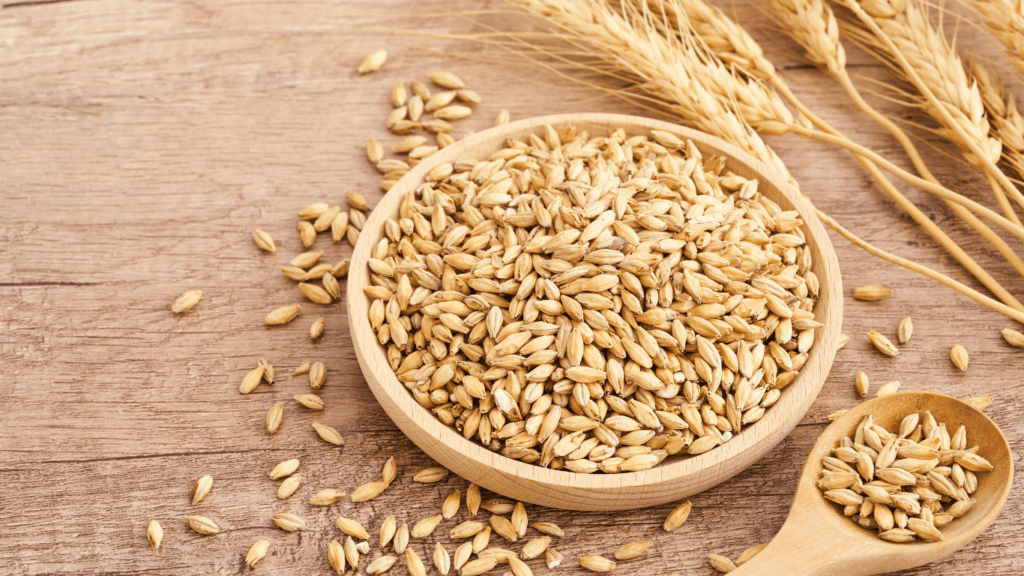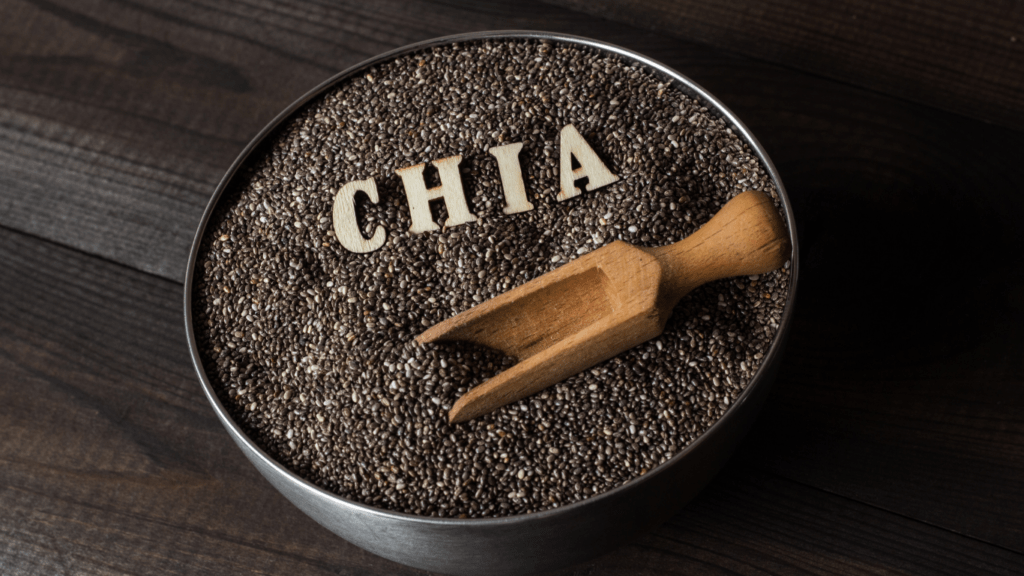Are you looking to boost your fiber intake but unsure where to start? I’ve got you covered. Incorporating more fiber into your diet doesn’t have to be complicated or bland. In fact, it can be delicious and rewarding.
In this article, I’ll share some simple yet effective tips on how to increase your fiber consumption without sacrificing flavor. From adding more fruits and vegetables to your meals to choosing whole grains over refined ones, I’ll guide you through practical steps to make fiber a seamless part of your daily eating routine.
So, if you’re ready to improve your digestive health, feel fuller longer, and enhance your overall well-being, keep reading for easy ways to up your fiber game.
Benefits of Dietary Fiber
- Promotes digestive health: Fiber plays a crucial role in maintaining a healthy digestive system by aiding in proper digestion and regular bowel movements.
- Helps manage weight: Consuming an adequate amount of fiber can help you feel full and satisfied, reducing the likelihood of overeating and supporting weight management.
- Enhances heart health: Fiber-rich foods can help lower cholesterol levels and reduce the risk of heart disease, contributing to a healthier heart.
- Regulates blood sugar levels: Fiber slows down the absorption of sugar, helping maintain stable blood sugar levels and reducing the risk of diabetes.
- Supports gut health: Fiber acts as a prebiotic, feeding the beneficial bacteria in your gut and promoting a healthy balance of gut flora.
- Aids in detoxification: By promoting regular bowel movements, fiber helps eliminate toxins and waste from the body, supporting the natural detoxification process.
Tips for Increasing Fiber Intake
Incorporating Whole Grains
To boost my fiber intake, I choose whole grains like quinoa, brown rice, and whole-wheat pasta instead of refined grains. Whole grains are rich in fiber and nutrients, making them a great addition to my meals.
Adding More Fruits and Vegetables
Incorporating a variety of fruits and vegetables into my daily meals is a simple way to increase my fiber consumption. I enjoy adding berries to my yogurt, snacking on raw carrots, and including leafy greens in my salads.
By diversifying my produce choices, I ensure I get a wide range of fiber types for optimal digestive health.
Importance of Hydration
Ensuring proper hydration is essential when increasing fiber intake in your diet. It’s important to drink an adequate amount of water throughout the day to help fiber move smoothly through the digestive system.
Staying hydrated can prevent constipation that may occur when fiber absorbs water in the colon. I recommend drinking at least 8 cups of water daily, but individual needs may vary based on activity level, age, and climate.
It’s crucial to listen to your body’s signals for thirst to avoid dehydration, which can hinder the effectiveness of fiber in promoting healthy digestion. By maintaining good hydration habits, you can optimize the benefits of fiber in your diet and support overall digestive wellness.
Remember, fiber works best when paired with ample water intake to keep things running smoothly.
Fiber Supplements: Pros and Cons
Discussing fiber supplements can be beneficial for those looking to boost their fiber intake; however, it’s essential to weigh the pros and cons before incorporating them into your diet.
Pros of Fiber Supplements:
- Convenience: Fiber supplements offer a quick and easy way to increase fiber intake, especially for individuals with busy lifestyles.
- Consistency: They provide a consistent amount of fiber per serving, aiding in meeting daily fiber targets.
- Specific Needs: Some individuals, like those with certain digestive conditions, may benefit from targeted fiber supplements to address specific dietary requirements.
- Lack of Nutrients: Unlike natural fiber sources like fruits and vegetables, fiber supplements may lack essential nutrients.
- Potential Side Effects: Some people may experience digestive issues like bloating, gas, or stomach cramps when starting fiber supplements.
- Dependency: Regular use of fiber supplements might lead to reliance on them, potentially impacting natural fiber consumption from whole foods.
Considering these pros and cons can help individuals make informed decisions about incorporating fiber supplements into their diet. It’s advisable to consult with a healthcare provider or a nutritionist before starting any new supplement regimen.



 Founder
Damond Boucherley is the visionary founder of Aura Nature Spark, dedicated to promoting well-being through holistic practices. With a passion for nutrition, exercise, and mindfulness, Damond brings years of experience in health and wellness to the forefront of the organization. He believes in the transformative power of nature and is committed to providing valuable insights and resources that inspire individuals to live their best lives. Under his leadership, Aura Nature Spark continues to grow as a trusted source for health enthusiasts seeking balance and vitality.
Founder
Damond Boucherley is the visionary founder of Aura Nature Spark, dedicated to promoting well-being through holistic practices. With a passion for nutrition, exercise, and mindfulness, Damond brings years of experience in health and wellness to the forefront of the organization. He believes in the transformative power of nature and is committed to providing valuable insights and resources that inspire individuals to live their best lives. Under his leadership, Aura Nature Spark continues to grow as a trusted source for health enthusiasts seeking balance and vitality.
